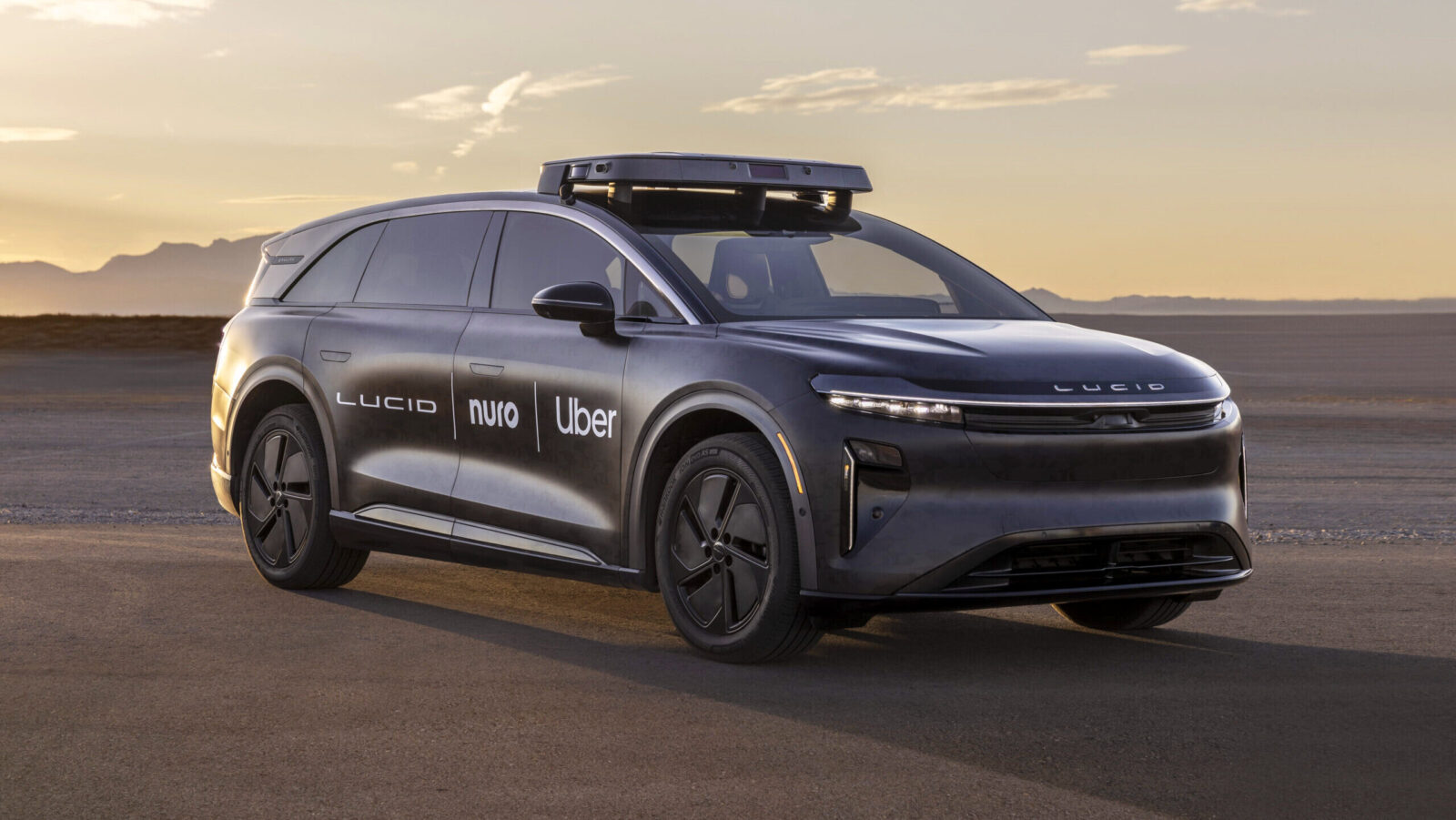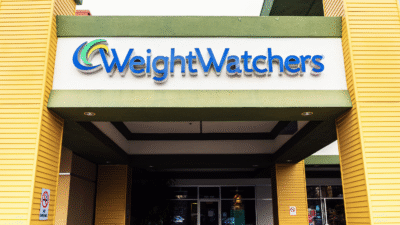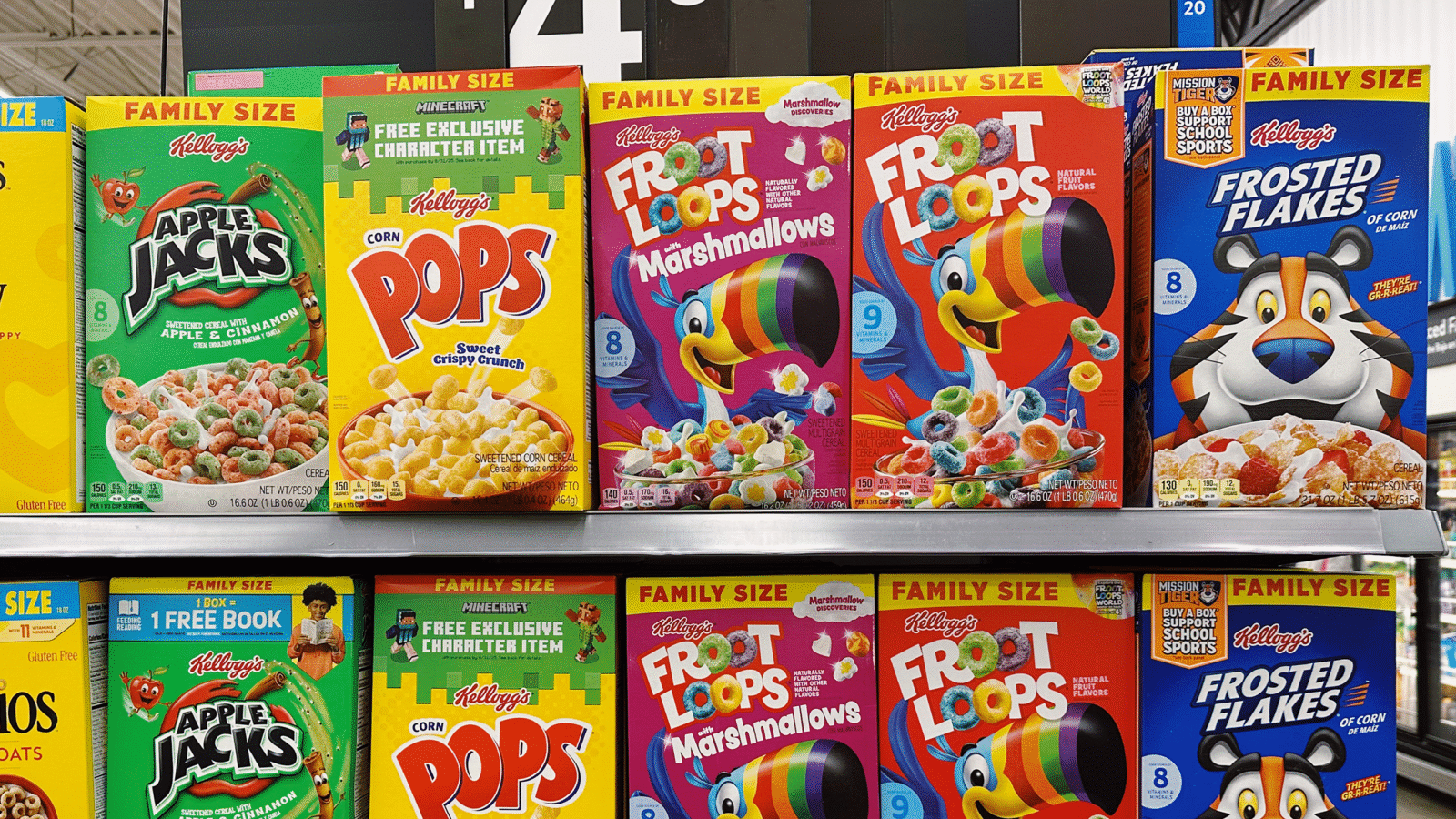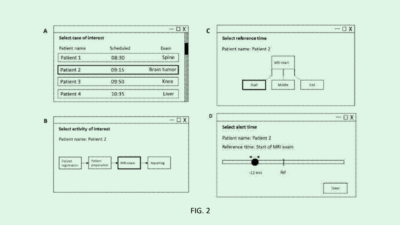Industries
Get More Than News. Get Insights.
Our daily email brings you smart and engaging news and analysis on the biggest stories in business and finance. For free.
-
Ferrero Puts Snap, Crackle and Pop into Its Earnings With WK Kellogg Acquisition

Photo via Michele Eve Sandberg/Sipa USA/Newscom
-
Samsung’s Foldable Phones Are Hungry for a Bite of Apple

Photo via Richard B. Levine/Newscom
-
Amping Up: Harnessing Innovation and Efficiency to Modernize the US Power Grid

Photo illustration by Connor Lin / The Daily Upside















